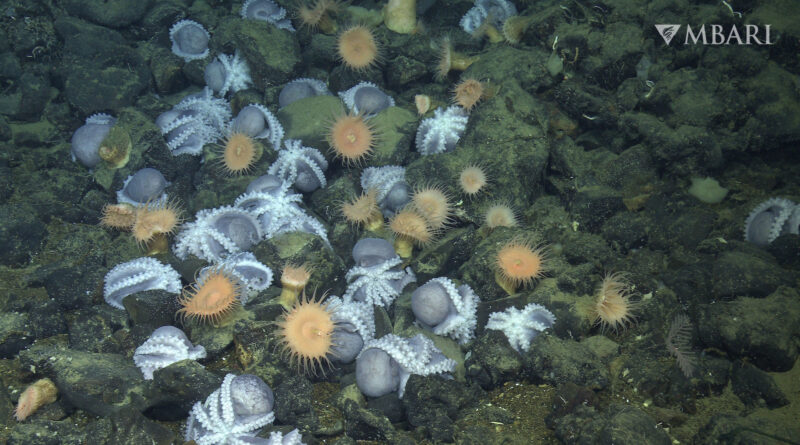10,000 feet down, scientists find ‘enormous’ octopus colony
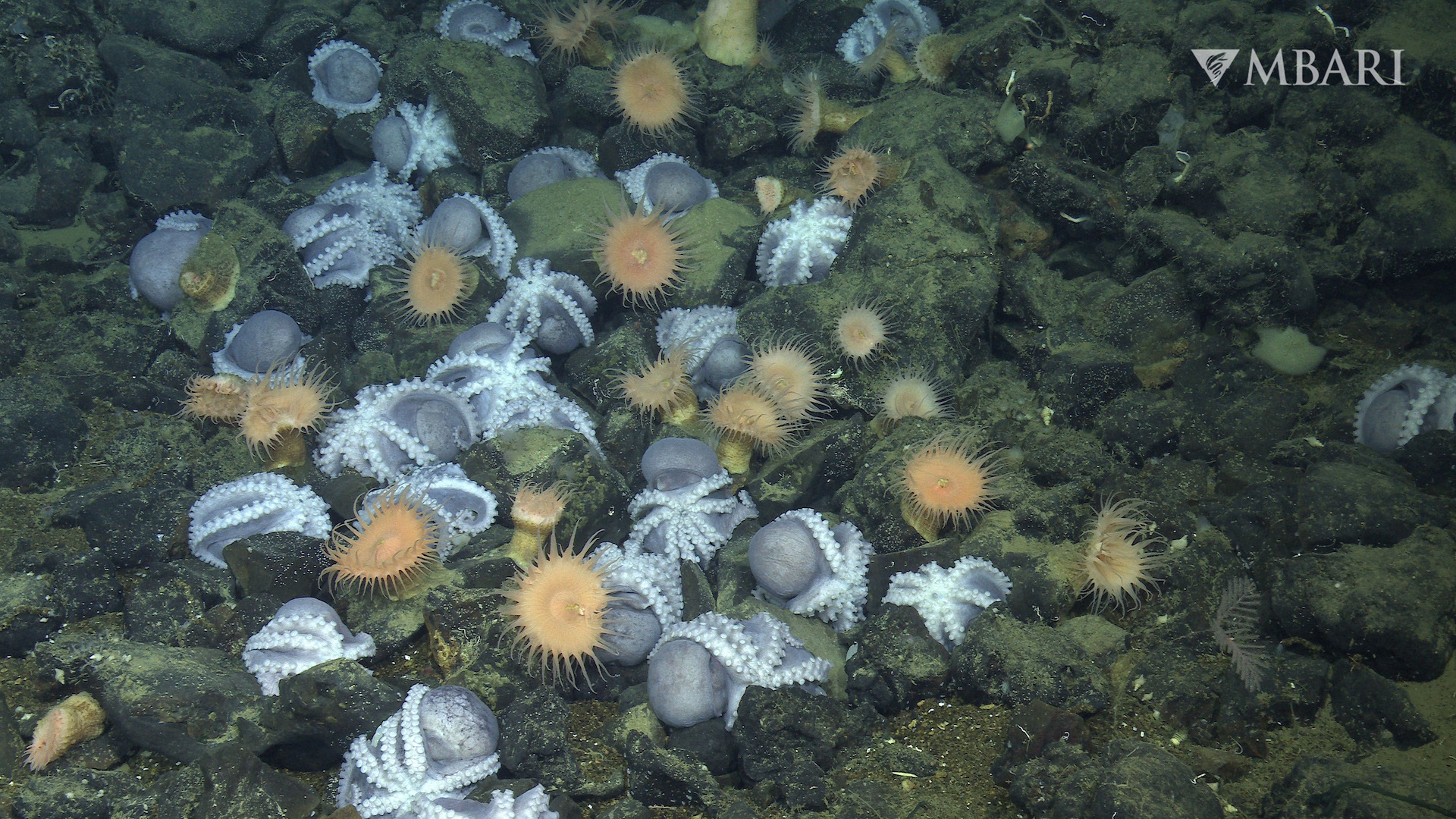
In the lightless deep sea, an octopus settlement thrives atop a tranquil volcano.
Scientists at the Monterey Bay Aquarium Research Institute sent a deep ocean robot to an “octopus garden” located some 10,500 feet (3,200 meters) below the ocean’s surface, in a dark marine region dubbed the “midnight zone.” Here, the only natural light comes from glowing critters.
The deep sea scientists captured high-resolution imagery, shown below, on the recent journey to the Davidson Seamount, located far off the California coast. (More footage will be added as it becomes available.) They spotted a whopping 5,718 octopuses over a six-acre area, including 4,707 females nesting over their eggs.
The octopus species, M. robustus, might be drawn to the warmth at this specific location, the researchers speculate. Warm water still vents from the extinct volcano, perhaps speeding up the development of the growing embryos, a process that can take years in the profound cold of the deeps. The brooding females were “scattered across hydrothermal springs that emanated warmth, barely visible by the hazy, shimmering boundary between cold ambient seawater and warm venting fluid – like a mirage,” the Monterey Bay Aquarium Research Institute wrote in a release. “Dead octopuses and lone embryos were quickly scavenged by other deep-sea species before being replaced by new arrivals.”
The deep sea research was published in the peer-reviewed journal Science Advances.
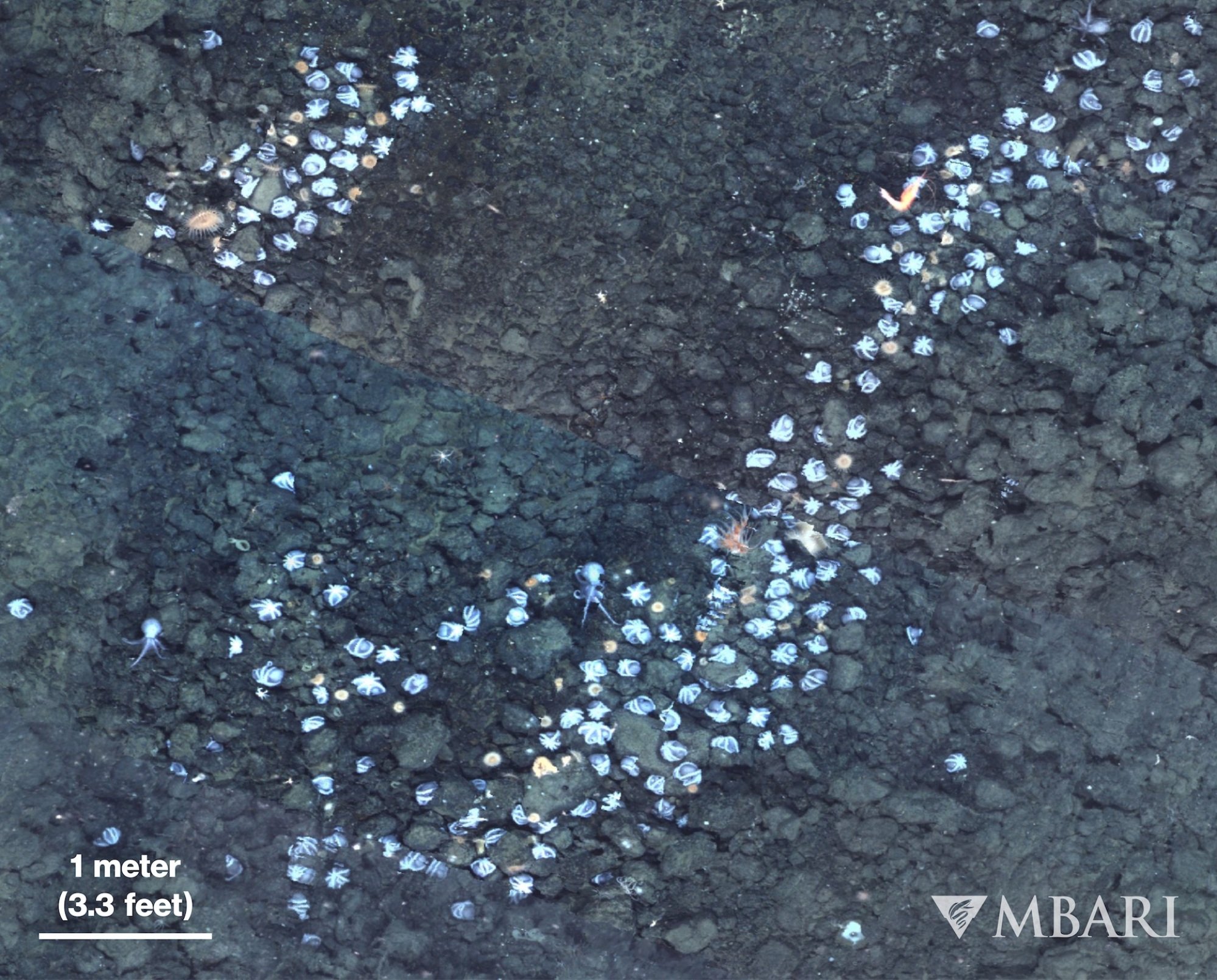
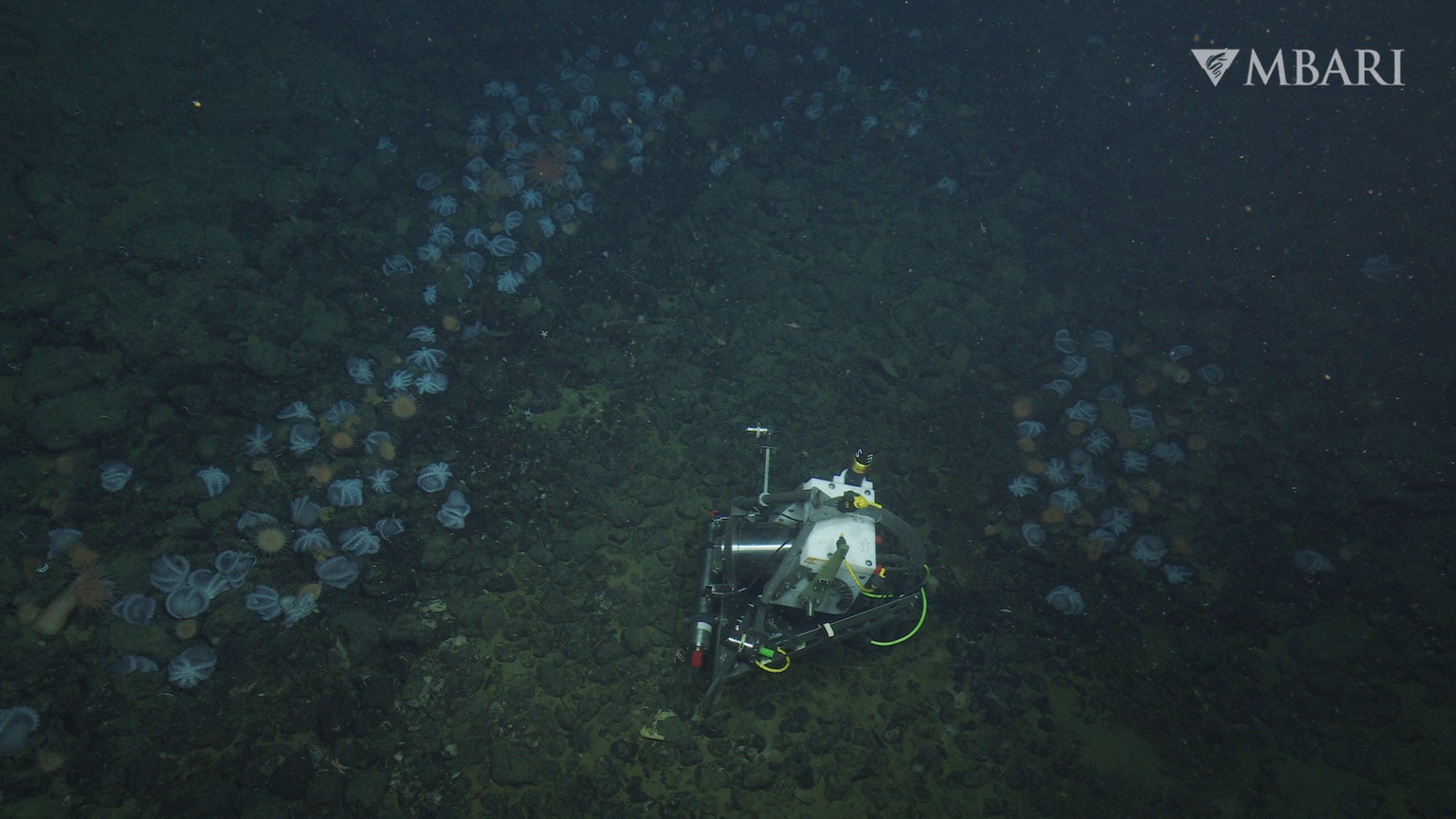
Deep sea exploration missions are vital. Scientists want to shine a light — literally and figuratively — on what’s down there. The implications of knowing are incalculable, particularly as deep-sea mineral prospectors prepare to run tank-like industrial equipment across parts of the seafloor. For example, research expeditions have found that ocean life carries great potential for novel medicines. “Systematic searches for new drugs have shown that marine invertebrates produce more antibiotic, anti-cancer, and anti-inflammatory substances than any group of terrestrial organisms,” notes the National Oceanic and Atmospheric Administration.
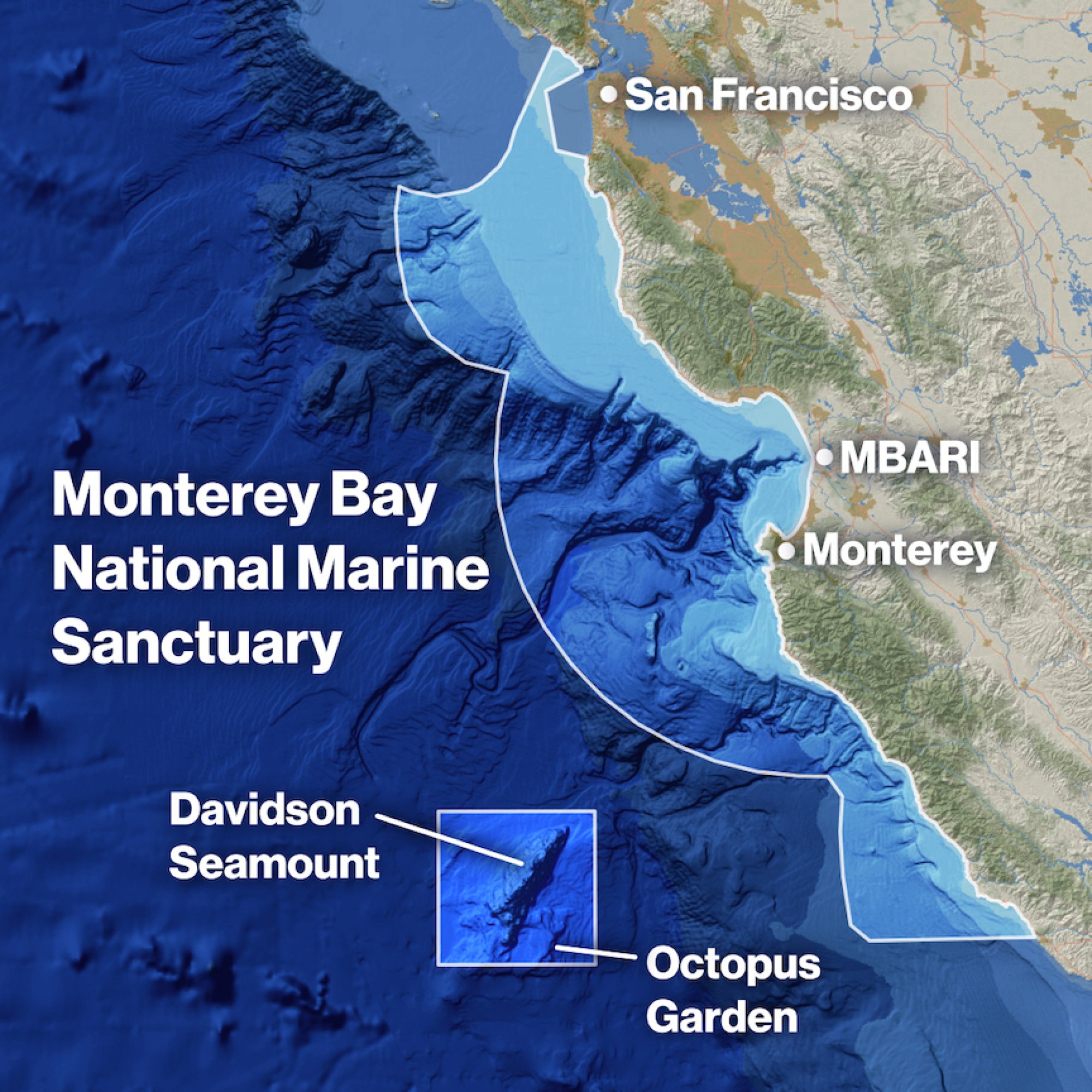
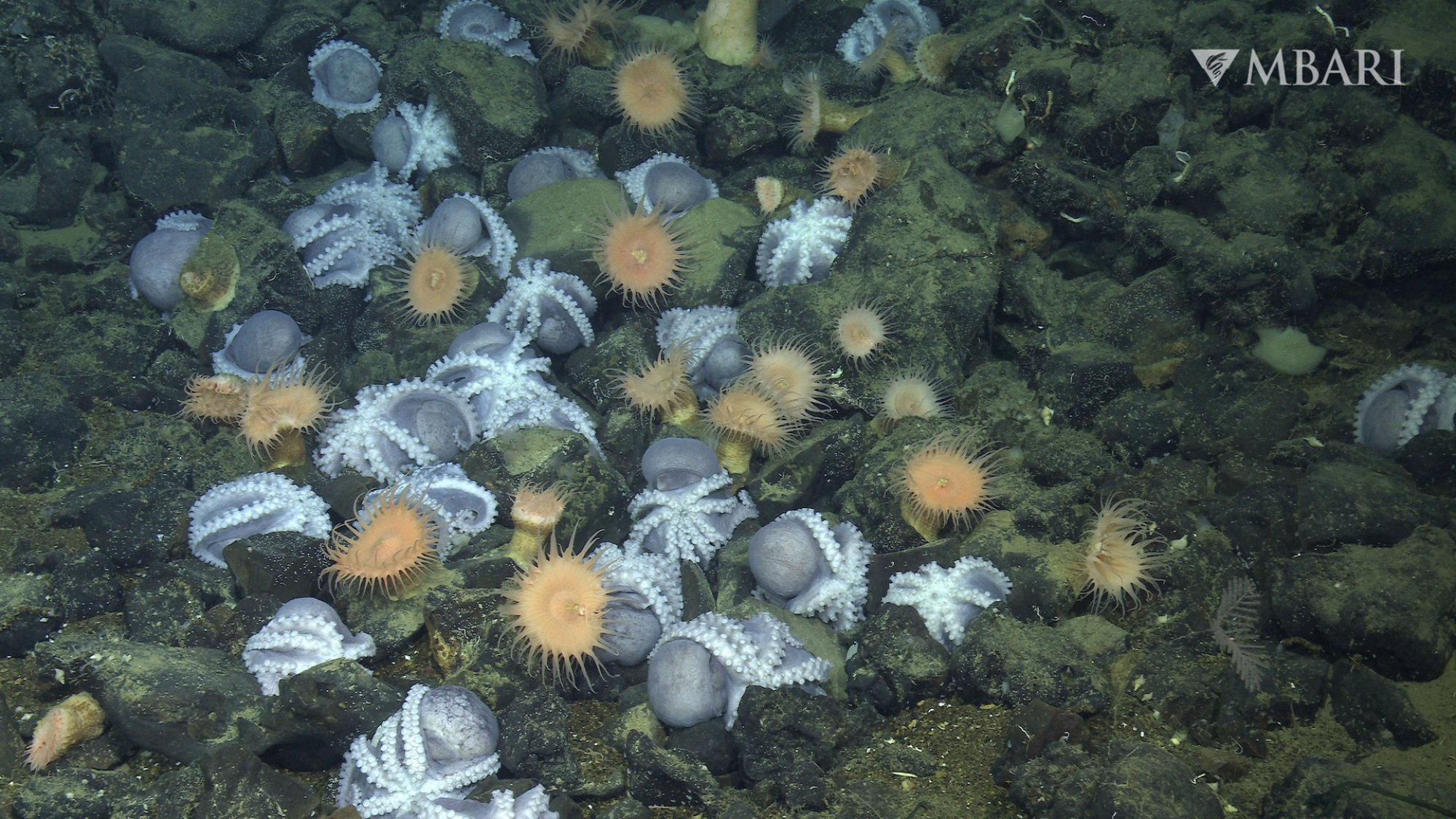
Want more science and tech news delivered straight to your inbox? Sign up for Mashable’s Light Speed newsletter today.
Expect more deep-sea discoveries. “We always discover stuff when we go out into the deep sea. You’re always finding things that you haven’t seen before,” Derek Sowers, an expedition lead for NOAA Ocean Exploration, told Mashable last year.
